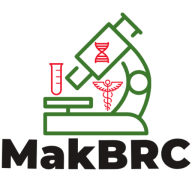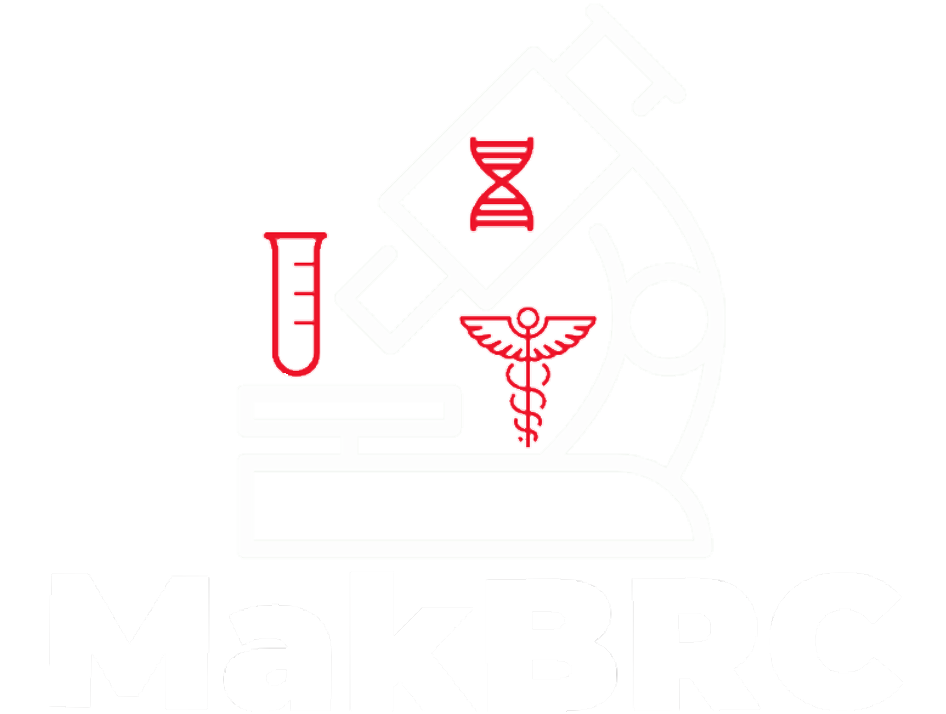Kaye, Dan Kabonge. “Why ‘understanding’of research may not be necessary for ethical emergency research.” Philosophy, Ethics, and Humanities in Medicine 15, no. 1 (2020): 1-8.
Mbalinda, Scovia Nalugo, Sabrina Bakeera-Kitaka, Derrick Lusota Amooti, Eleanor Namusoke Magongo, Philippa Musoke, and Kaye K. Dan. “Ethical challenges of the healthcare transition to adult Antiretroviral therapy (ART) clinics for HIV infected adolescents and young people in Uganda.” (2020).
Barugahare, John, Fredrick Nelson Nakwagala, Erisa Mwaka Sabakaki, Joseph Ochieng, and Nelson K. Sewankambo. “Ethical and human rights considerations in public health in low and middle-income countries: an assessment using the case of Uganda’s responses to COVID-19 pandemic.” BMC Medical Ethics 21, no. 1 (2020): 1-12.
Ochieng, Joseph, Erisa Mwaka, Betty Kwagala, and Nelson Sewankambo. “Evolution of research ethics in a low resource setting: A case for Uganda.” Developing world bioethics 20, no. 1 (2020): 50-60.
Obasa, A. E., S. Singh, E. Chivunze, T. Burgess, F. Masiye, T. Mtande, J. Ochieng et al. “Comparative strategic approaches to COVID-19 in Africa: Balancing public interest with civil liberties.” South African medical journal= Suid-Afrikaanse tydskrif vir geneeskunde 110, no. 9 (2020): 858.
Barugahare, John, and Paul Kutyabami. “Nature and history of the CIOMS International Ethical Guidelines and implications for local implementation: A perspective from East Africa.” Developing world bioethics 20, no. 4 (2020): 175-183.

